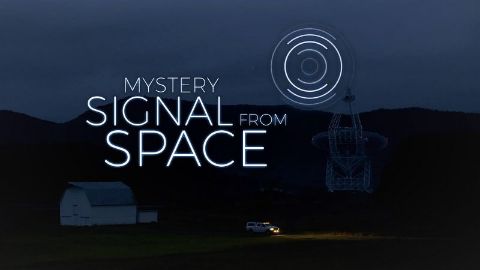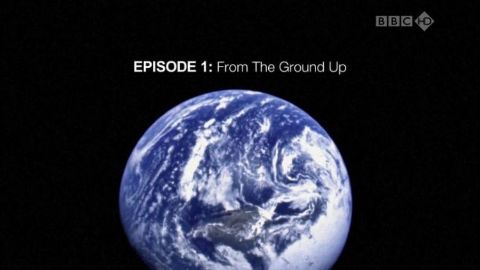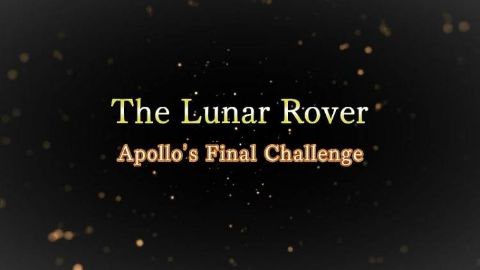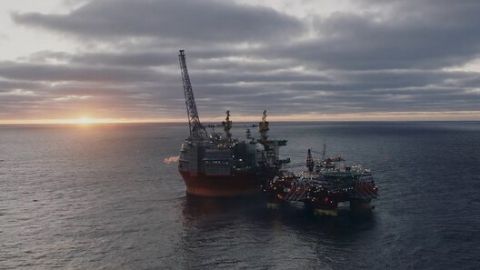The Mistery of the Milky Way • 2012 • episode "S1E1" • Hunting the Edge of Space
NOVA examines how a simple instrument, the telescope, has fundamentally changed our understanding of our place in the universe. What began as a curiosity—two spectacle lenses held a foot apart—ultimately revolutionized human thought across science, philosophy, and religion. "Hunting the Edge of Space" takes viewers on a global adventure of discovery, dramatizing the innovations in technology and the achievements in science that have marked the rich history of the telescope.
Make a donation
Buy a brother a hot coffee? Or a cold beer?
Hope you're finding these documentaries fascinating and eye-opening. It's just me, working hard behind the scenes to bring you this enriching content.
Running and maintaining a website like this takes time and resources. That's why I'm reaching out to you. If you appreciate what I do and would like to support my efforts, would you consider "buying me a coffee"?
Donation addresses
BTC: bc1q8ldskxh4x9qnddhcrgcun8rtvddeldm2a07r2v
ETH: 0x5CCAAA1afc5c5D814129d99277dDb5A979672116
With your donation through , you can show your appreciation and help me keep this project going. Every contribution, no matter how small, makes a significant impact. It goes directly towards covering server costs.






